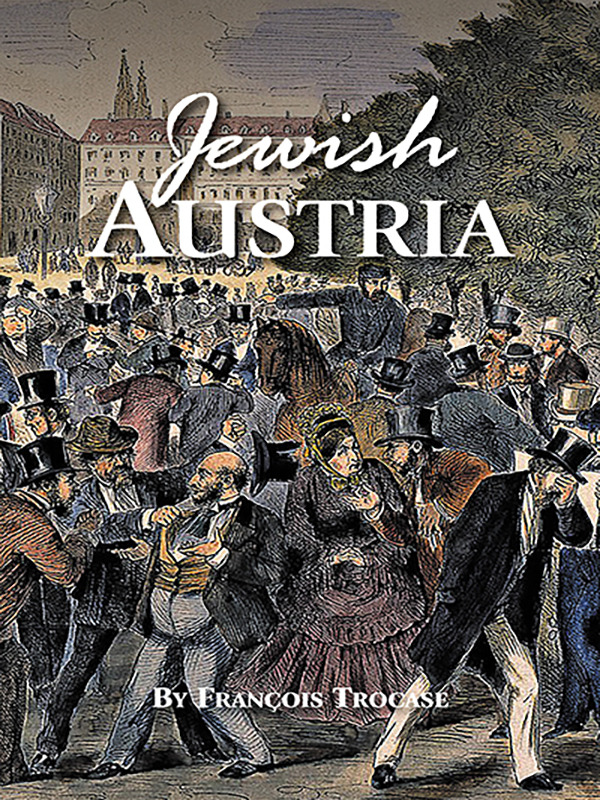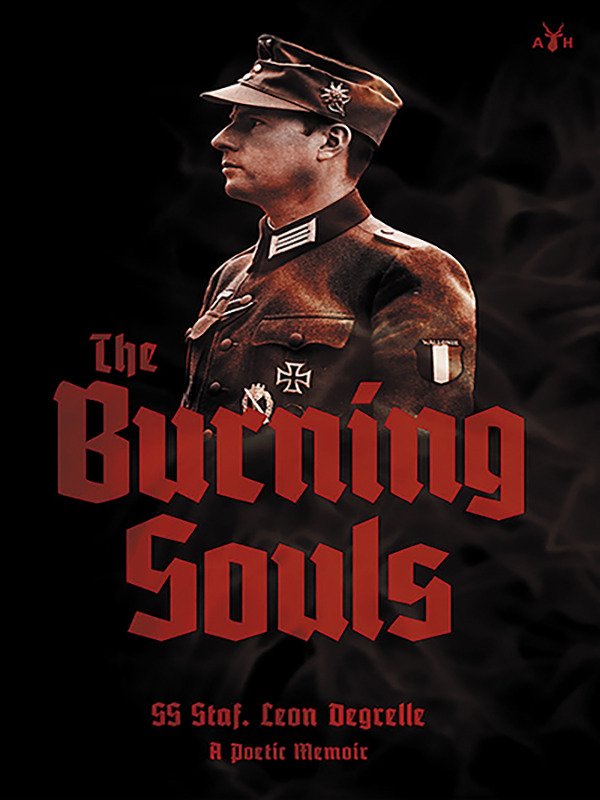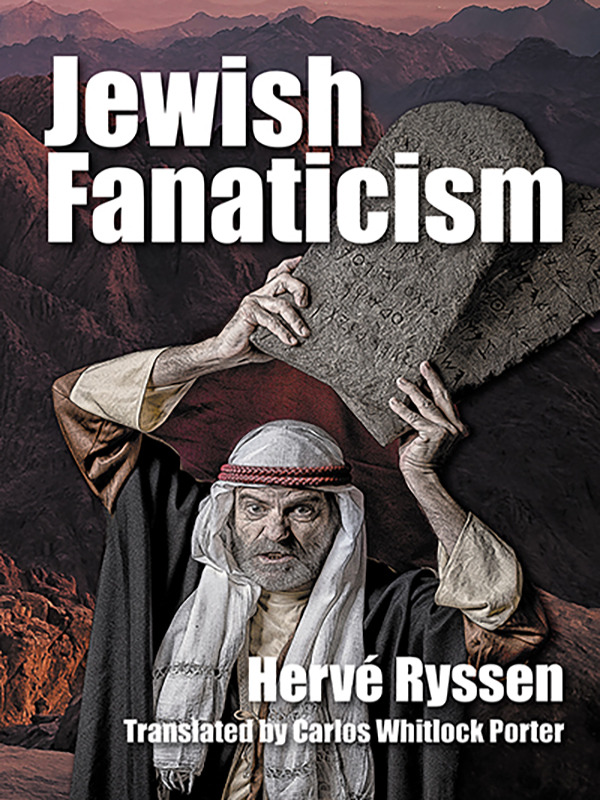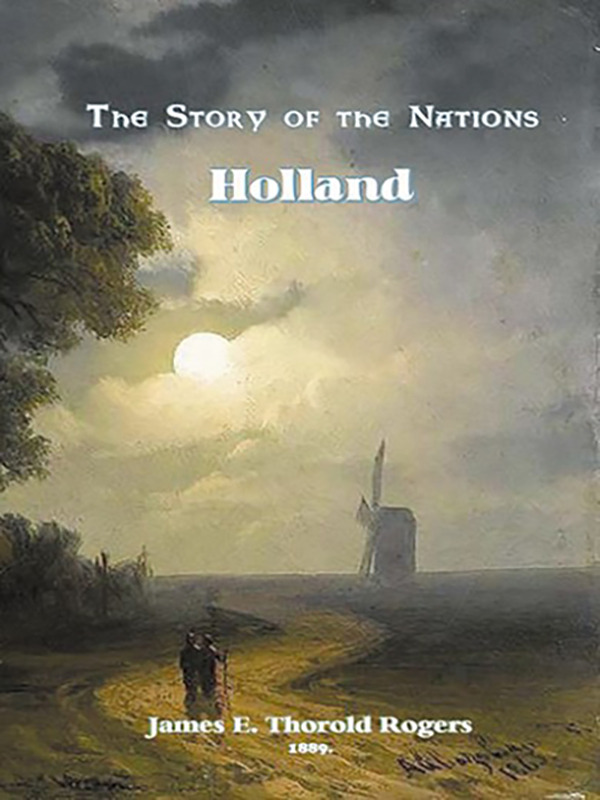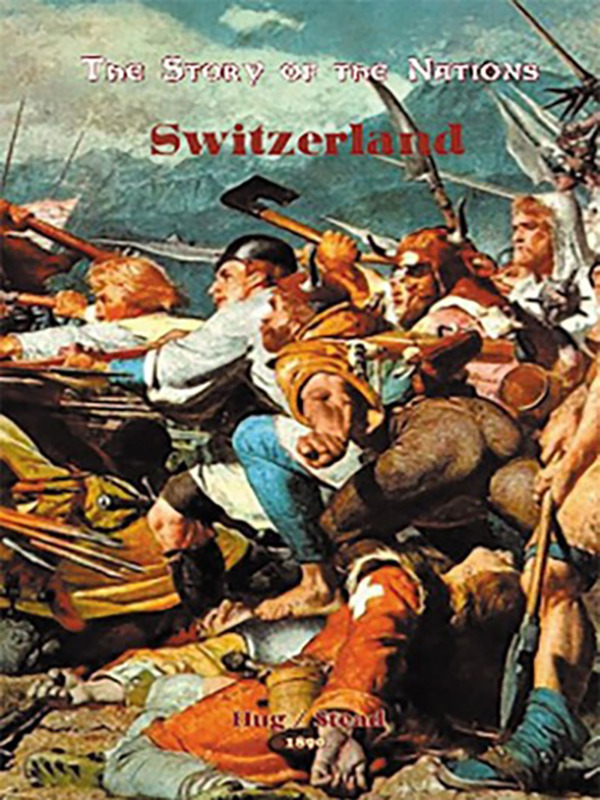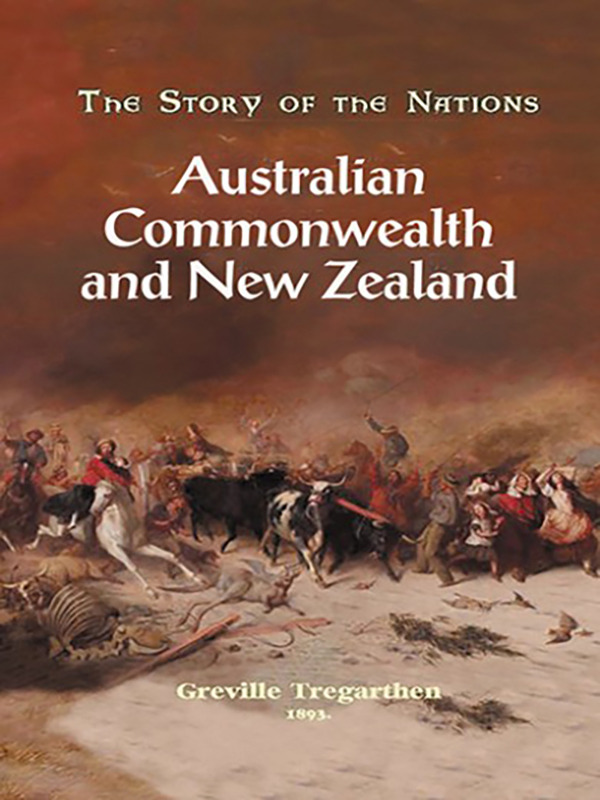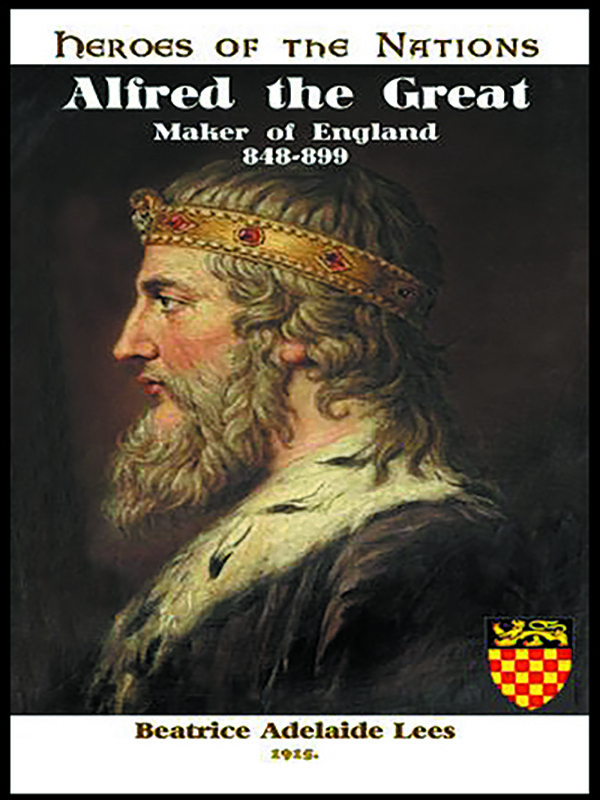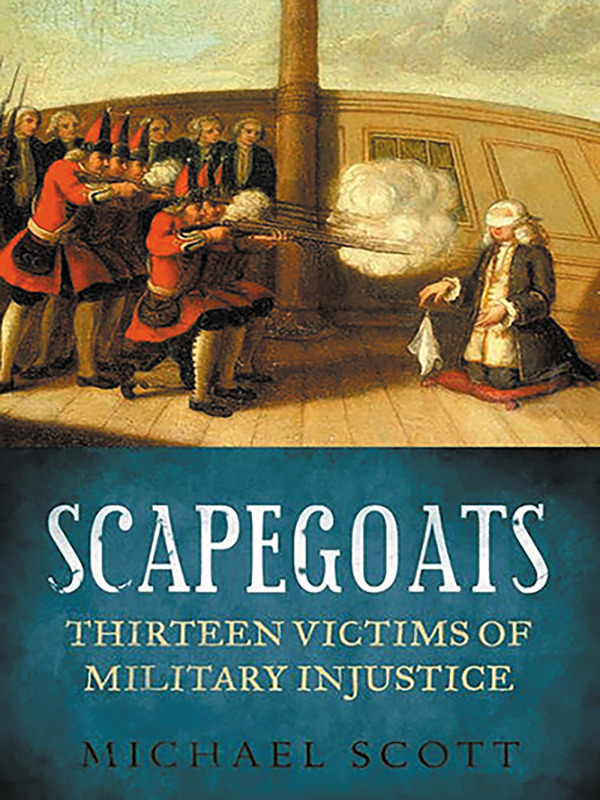Jewish Austria
Jewish Austria provides a crucial insight into the role played by the Jews in the collapse of this venerable Catholic empire at the heart of Europe. This is the abridged 1942 edition—completely re-set and illustrated—by Léon de Poncins of François Trocase’s remarkable 1899 study of the end of the Austro-Hungarian Empire.
The Burning Souls: A Poetic Memoir
Leon Degrelle’s The Burning Souls is now being made available for the first time in English. Born to a Belgian family in the year 1906, Léon Joseph Marie Ignace Degrelle rose to prominence as a newspaper editor and head of the militant monarchist, Catholic and anti-Communist Parti Rexiste. Following the German occupation of Belgium, Degrelle and his party loyalists enlisted in the Wehrmacht-organized Walloon Legion to aid in the liberation of the peoples of the Soviet Republics. The Burning Souls is Degrelle’s reflection on his experiences and on the soul—part poetry, part memoir. In it, he traces his journey, from his idyllic childhood to the frozen steppes of Russia, not just as a physical journey but as a great spiritual trial. He instructs us that to give oneself completely, to be willing to weather all hardships in service of a transcendent ideal, is what is required to overcome the spiritual malaise of our day.
Jewish Fanaticism
By Hervé Ryssen, Translated by Carlos Whitlock Porter. Judaism, as this book demonstrates, is essentially a universalistic political project with the objective of world unification, the prelude to global pacification. It is a long-term project, but the Jews are absolutely convinced that they can succeed in its realization, steeped as they are in this “mission,” assigned to them by God. The aim is not simply to convert the world to Judaism, but rather to incite the other peoples to abandon their racial, national and religious identities so as to favor the spirit of “tolerance” between men.
The Story of the Nations: Holland
Here is the rich and complex history of Holland, written in 1889 by James E. Thorold Rogers. It contains the full story of the history of this remarkable nation from the earliest times to the late 19th century, written in an era when political correctness did not distort, twist or deny historical facts and reality.
The Story of the Nations: Switzerland
Here is the history of the mountain nation of Switzerland, written in 1890 by Lina Hug. It contains the full story of the history of this remarkable nation from the earliest times to the late 19th century, written in an era when political correctness did not distort, twist or deny historical facts and reality.
Story of the Nations: Australia & New Zealand
Here is Greville Tregarthen’s 1893 history of Australia and New Zealand, written before the era of political correctness. It contains the full story of the history of this remarkable nation from the earliest times to the late 19th century, written in an era when political correctness did not distort, twist or deny historical facts and reality.
Alfred the Great: Maker of England—848-899 A.D.
The 9th century, the time of the break-up of the empire of Charlemagne and the systematic raids of the Northmen, is by common consent included among the Dark Ages of Medieval history. It falls between the heroic period of Charlemagne and the romantic era of the Crusades, before the days of monasticism and feudalism, a barren waste, in which the figure of Alfred, the “perfect king,” stands out against a shadowy background of violence.
Scapegoats: Thirteen Victims of Military Injustice
“At all costs avoid blame.” Such is the creed of dictators and politicians, tycoons and company chairmen, media celebrities, and spin doctors the world over. But what about men at war, where the penalties for errors of judgment can be devastating? History is full of tales of those who have been wrongly castigated in the rush to find a culprit; only later, sometimes much later, when the real truth comes out, is the scapegoat exonerated.

